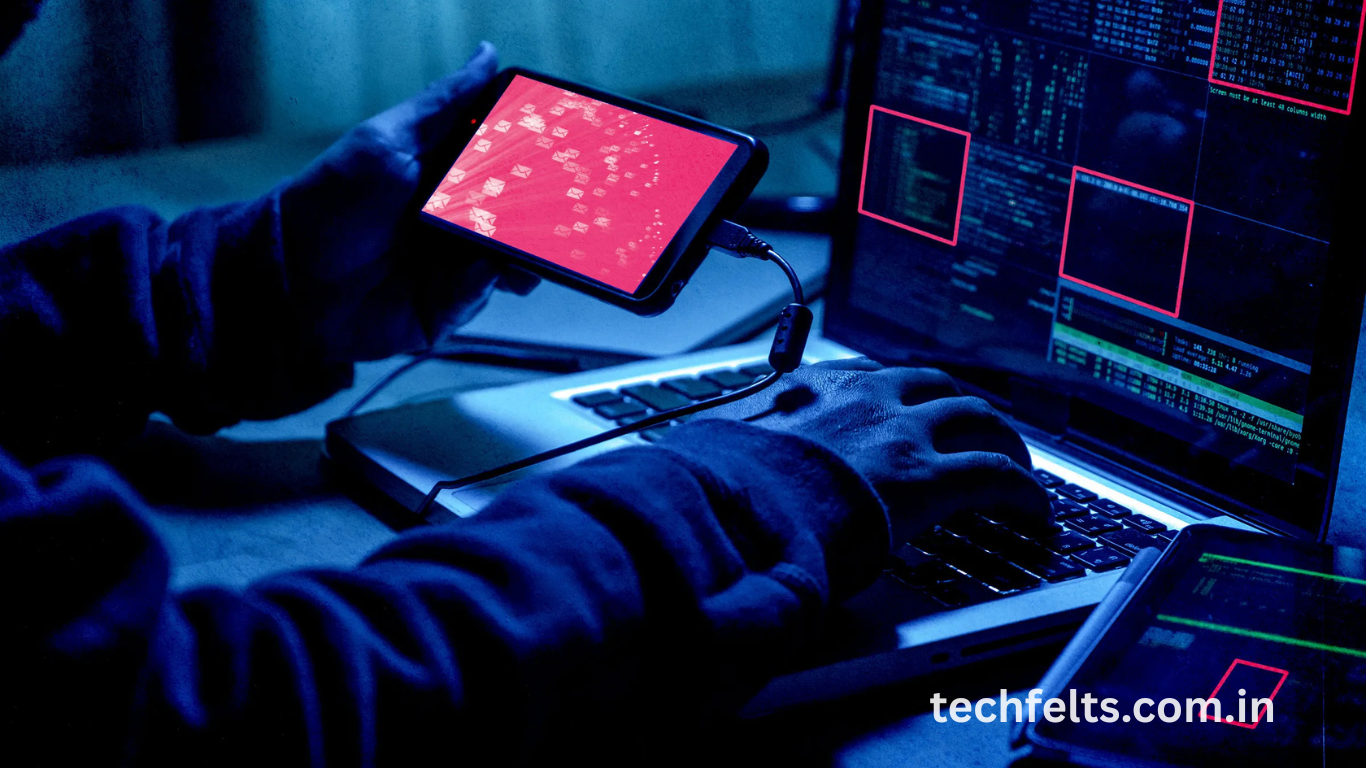In an alarming cybersecurity development, North Korean hackers are once again under the spotlight. This time, they are leveraging fake cryptocurrency firms to distribute sophisticated malware. By posing as legitimate blockchain companies, these cybercriminals are targeting unsuspecting users, investors, and crypto startups globally.
The goal behind these campaigns is not just theft but also espionage, gathering sensitive information from individuals and businesses. As cryptocurrency continues to reshape the financial world, hackers are finding more innovative ways to exploit vulnerabilities. Understanding how these fake firms operate is critical to protecting your digital assets and personal data.
North Korean Hackers Set Up Fake Crypto Firms
North Korean hacker groups, notably Lazarus, create fake websites and platforms that mimic genuine crypto startups. They design professional websites, develop social media profiles, and sometimes even run advertising campaigns to appear credible. Unsuspecting users visiting these sites are often tricked into downloading malware-laced software or sharing sensitive information.
Malware Techniques Used in These Attacks
The malware deployed typically includes backdoors, remote access trojans (RATs), and credential stealers. Once installed, these malicious programs can monitor keystrokes, extract crypto wallet credentials, and provide complete system access to attackers. Some malware is even disguised as legitimate crypto wallet apps or trading software, making it difficult to detect.
Targeted Victims and Industries
While cryptocurrency investors are the primary targets, these hackers also aim at fintech companies, blockchain developers, and financial institutions. Their broad target range highlights a strategic plan to infiltrate the more significant financial ecosystem, not just individual wallets. Even cybersecurity firms are sometimes targeted to disrupt efforts to stop such attacks.
Motivations Behind the Cyberattacks
The motivations are multifaceted, ranging from financial theft to gathering intelligence on international sanctions. Given North Korea’s isolated economy, these cybercrimes provide essential funding for the regime’s operations. In many cases, the stolen cryptocurrencies are laundered through decentralized exchanges, making them hard to trace.
How to Protect Yourself from These Threats
Users can protect themselves by verifying the legitimacy of crypto firms before engaging, using reliable antivirus software, and avoiding downloads from unofficial sources. Multi-factor authentication (MFA), updated systems, and regular account monitoring are critical steps in minimizing exposure to these evolving threats.
Frequently Asked Questions
Why do North Korean hackers target the crypto industry?
Because it offers a decentralized, less regulated environment that is ideal for laundering stolen assets and evading international sanctions.
What are common signs of fake crypto firms?
Poor grammar on websites, newly registered domains, lack of verifiable company history, and aggressive promotions are common red flags.
Which hacker group is behind these attacks?
The Lazarus Group, a North Korean state-sponsored cyber unit, is mainly responsible for many of these malware campaigns.
How do these malware attacks typically start?
Most attacks begin with phishing emails, fake app downloads, or compromised websites disguised as trusted crypto platforms.
What kind of malware is used?
Hackers use remote access trojans, credential stealers, and spyware often embedded within seemingly legitimate apps.
Can antivirus software detect this malware?
Modern antivirus software can detect many threats, but highly sophisticated malware may evade traditional defenses, highlighting the need for proactive security measures.
Are only individual investors at risk?
No, entire industries, including financial institutions, fintech firms, and even cybersecurity companies, can be targeted.
How can companies protect their employees from these threats?
Implementing strong cybersecurity policies, regular employee training, strict access controls, and advanced threat detection tools are essential for corporate protection.
Conclusion
North Korean hackers are spreading malware via fake crypto firms, posing a serious threat to individual investors and entire industries. Staying informed, cautious, and adopting robust cybersecurity practices is vital in defending against these evolving attacks. Always verify platforms and prioritize security to safeguard your digital assets. Stay alert, stay protected.

